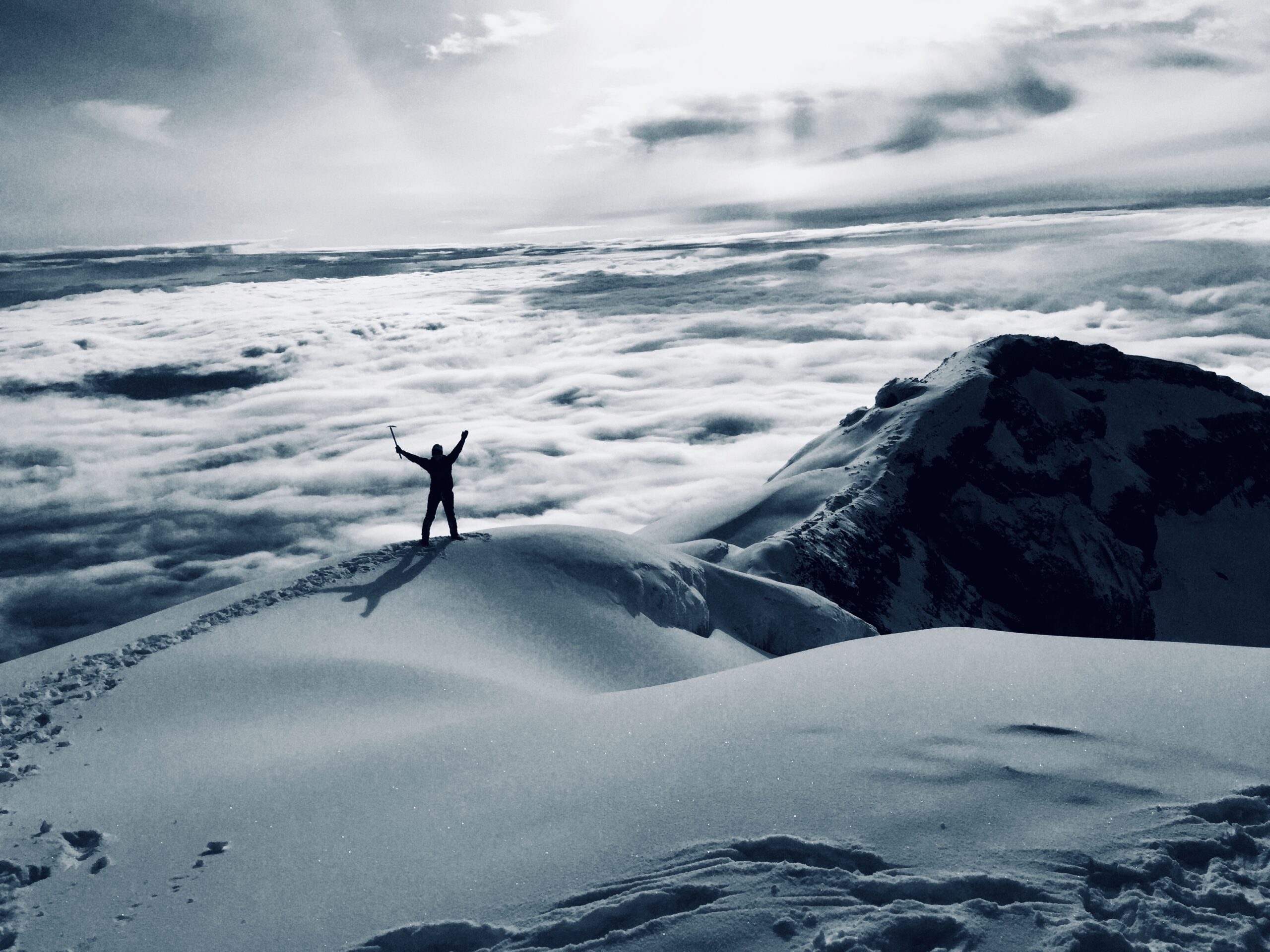Advanced First Aid for Mountain Guides
Mountain guides are at the forefront of adventure tourism, leading clients through some of the world’s most challenging terrains. Whether it’s scaling Mount Kenya, Mount Kilimanjaro, or Mt Toubkal the job demands not only technical climbing skills but also the ability to manage medical emergencies in remote, high-altitude environments. Advanced first aid training tailored to mountain guides equips them with the critical skills needed to save lives, manage injuries, and navigate the unique hazards of their environment.
The Challenge of Altitude
High-altitude environments pose serious risks to climbers, including acute mountain sickness (AMS), high-altitude pulmonary oedema (HAPE), and high-altitude cerebral oedema (HACE). As a mountain guide, recognising and responding to these conditions can make the difference between life and death.
In our advanced first aid course, participants learn to assess altitude sickness using tools like the Lake Louise Score. Practical training includes recognising early warning signs such as headaches, nausea, and confusion, and knowing when to initiate descent or administer emergency oxygen. Guides also practice using pulse oximeters to monitor oxygen saturation levels and learn about medications like acetazolamide.

Handling Traumatic Injuries
Falls are a leading cause of injuries in the mountains, often resulting in head or spinal injuries and fractures. Our courses teach guides how to stabilise and transport casualties safely in challenging terrain. Skills include:
• Managing Head and Spinal Injuries: Training in cervical spine immobilisation and helmet removal techniques ensures guides can protect the spinal cord in suspected neck injuries.
• Resetting Fractures: Guides practice reducing fractures and splinting broken legs to prevent further damage during evacuation.
• Emergency Evacuation: We cover techniques for using stretchers and improvising transport solutions when commercial evacuation is unavailable.
Tropical Hazards
For guides working on mountains like Kilimanjaro, tropical illnesses such as malaria, dengue fever, and typhoid present additional risks. Our courses provide a thorough understanding of these diseases, including their symptoms, prevention, and initial treatment.
Realistic Scenarios in Local Environments
Our first aid training stands out by incorporating realistic, scenario-based learning. For example:
• Altitude Rescues on Kilimanjaro: Participants simulate treating a climber suffering from HACE at 4,000 metres, including administering medication and coordinating a rapid descent.
• Fracture Management on Mount Kenya: Guides practice splinting and transporting a casualty with a broken leg on rocky slopes.
• Insect-Borne Illnesses: Scenarios include recognising and managing symptoms of malaria during an overnight camp.
Training takes place in environments that mimic the conditions guides face, ensuring the skills learned are immediately applicable.
Importance of Preparedness
For mountain guides, first aid is more than a skill—it’s a responsibility. Being prepared not only protects clients but also enhances a guide’s professional reputation. Our course ensures guides can confidently handle emergencies, communicate with medical professionals, and coordinate evacuations, even under extreme conditions.

To book a course contact us via email in the first instance. Cory Jones our Director is lead trainer for a range of organisations including First Aid Trainign Co-operative, Kingfisher Journeys and Adventure First Aid in Kenya.









